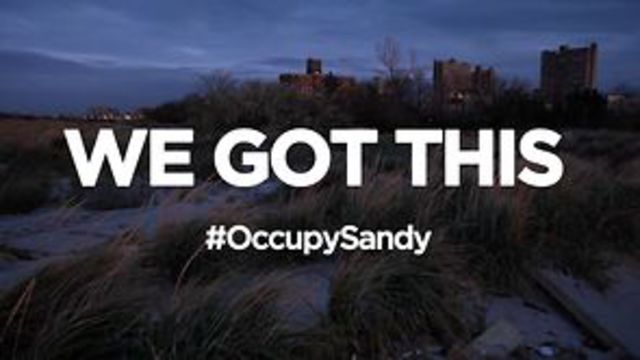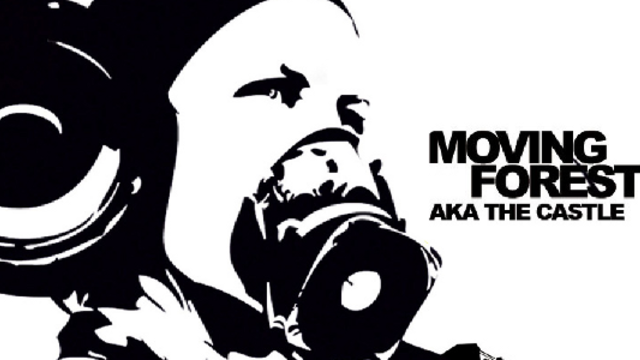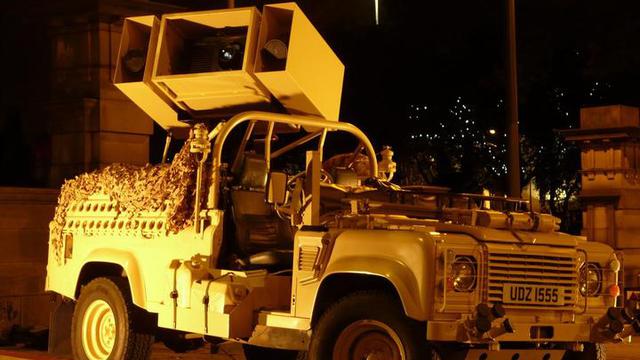Search results for 'urban+intervention'
Saskia Sassen
Saskia Sassen's research and writing focuses on globalization
(including social, economic and political dimensions), immigration,
global cities (including cities and terrorism), the new networked
technologies, and changes within the liberal state that result from
current transnational conditions. In her research she has focused on
the unexpected and the counterintuitive as a way to cut through
established 'truths.'
In memoriam: Oleg Kireev
On Friday April 3, 2009 we received the terribly sad news that our friend and ever inspiring colleague Oleg Kireev from Moscow had died, apparently as a result of suicide. We are left behind as friends and colleagues, bereaved and puzzled by this dramatic fact. Kireev was a prominent guest in some of the most important projects in the art / media / politics triangle, which we had the honour developing at De Balie. Kireev was a crucial figure in circles of free culture, media activism and the arts in Moscow, one of the most demanding environments for such activity one can think of.
ReadTake the Square: Next Round, June 19
We are the outraged, the anonymous, the voiceless. We were there, silent but alert, watching. Not gazing upward at the powers that be, but looking from side to side for the right time to unite with each other.
ReadThe Brazilian Context
Many are the social, political or economic problems in Brazil.
Socially, there's an extremely unequal distribution of wealth. Such a
big social unequality is reflected, for example, in the extreme
differences between the center and the periphery in the big cities,
regional unequalities, criminality, racism. Besides that, we live in an
unnoficial police state that acts in defense of the elites, murdering
and arresting poorer citzens, because of the color of their skin or
social condition.
War Veteran Vehicle
A project of Krzysztof Wodiczko and Robert Ochshorn
The veteran vehicle was developed in order to give a public voice to veterans struggling with the difficulties of returning to civilian life.
UK Uncut
UK Uncut is a grassroots movement taking action to highlight alternatives to the government's spending cuts.
The Days of the Commune - Zoe Beloff
On display March 30-May 30, 2013 at Slought Foundation, Philadelphia
Opening event on Saturday, March 30th; 5:00-7:00pm
Slought
Foundation is pleased to present The Days of the Commune, a cinematic
installation by artist Zoe Beloff in the Slought galleries from March 30
- May 30, 2013. An opening event featuring the artist and 20
participating actors, activists and artists will take place on Saturday,
March 30, 2013, from 5:00-7:00pm. Live songs with musical accompaniment
will be performed, followed by a historical overview of the 1871 Paris
Commune and a public conversation with the artist.
Thursday November 17th International Day of Action
Facebook Event | Twitter #N17 | Direct Action Resources
On Thursday November 17th, the two month anniversary of the Occupy Wall
Street movement, we call upon the 99% to participate in a national day
of direct action and celebration!
Occupy Sandy and the Occupy Movement
Friends,
At Zuccotti Park, there was always a bit of
social service involved in the occupation:-- homeless people sheltered,
the hungry fed -- but it was ancillary to Occupy's main objectives,
which dealt with societal, structural problems. But the reaction to
hurricane Sandy, and the formation of Occupy Sandy, brought out a
different aspect of the Occupy movement, not directed at Wall Street or
big systemic issues, but directly providing help to those in need.What
kind of role is that for Occupy? How does it fit in with Occupy Wall
Street's basic thrust?
Take the Square!
Because global problems need global protests and global solutions...
Take the Square!
Moving Forest CODA - One Day Workshop
This workshop follows on from the Moving Forest event on July 4 as a coda, giving a time for reflection and for developing the argument and experience of the work along other lines. It involves participants, organisers and guests, and people from CCW, CCS, RADA and activists, artists and others from across the sprawl.
ReadMoving Forest 2012 London
A twelve day prelude moving across the city; a twelve-hour sound art
opera of betrayal and rebellion culminating in a spectacular series of
disturbing performances in Chelsea College of Art Parade Ground; a
one-day coda of debate.
Presented by AKA the CASTLE
Debates & Credits
Media Art in the Public Domain
Debates & Credits was a Russian / Dutch art and media project which has invited four artists and artist collectives from Russia and four from The Netherlands to develop interventionist (media-) art works for the public space.
The project happened in three stages:
Amsterdam, September 11 - 22
Yekaterinburg, September 26 - 29
Moscow, October 7 - 13
Occupy and UK Uncut: the evolution of activism
Occupy Sandy gained the attention denied to Occupy Our Homes because it replaced militant Occupy! with "do-it-yourself" Occupy. Feel-good mutual aid displaced attention from the underlying contradiction between public housing and private utilities onto the quick fix of digital media. Occupy Our Homes, on the other hand, confronts the system with its failures ? predatory lending, homelessness, and empty bank-owned houses. The problems it addresses can't be solved by rolling up our sleeves and getting involved; they require political solutions.
ReadConstructing the Digital Commons
March 2003
Democracy can be understood in two notably distinct ways. In the institutional view democracy is understood as the interplay of institutional actors that represent 'the people' and are held accountable through the plebiscite; public votes, polls and occasionally referenda. The second view on democracy is radically different in that it sees the extent to which people can freely assemble, discuss and share ideas about vital social issues, organise themselves around these issues, and can freely voice their opinions in public fora, as a measure for just how democratic a given society is.
#OCCUPYWALLSTREET
A shift in revolutionary tactics.
Alright you 90,000 redeemers, rebels and radicals out there,
A worldwide shift in revolutionary tactics is underway right now that
bodes well for the future. The spirit of this fresh tactic, a fusion of
Tahrir with the acampadas of Spain, is captured in this quote:
"The antiglobalization movement was the first step on the road. Back
then our model was to attack the system like a pack of wolves. There
was an alpha male, a wolf who led the pack, and those who followed
behind. Now the model has evolved. Today we are one big swarm of
people."
- Raimundo Viejo, Pompeu Fabra University, Barcelona, Spain
Webcasts Media Squares now available
International public seminar on the new forms of protest and their media, hosted by De
Balie, centre for culture and politics in Amsterdam, on Friday September
30, 2011.



